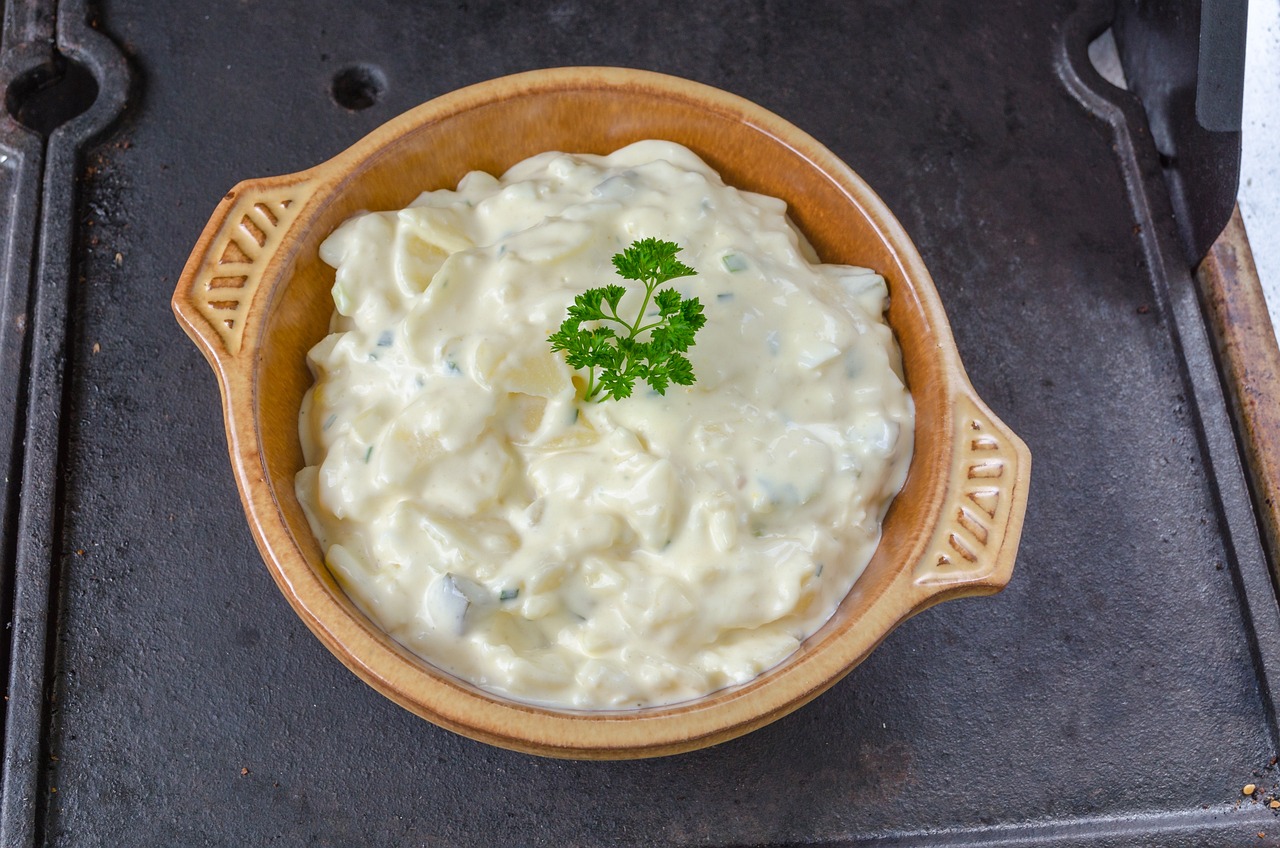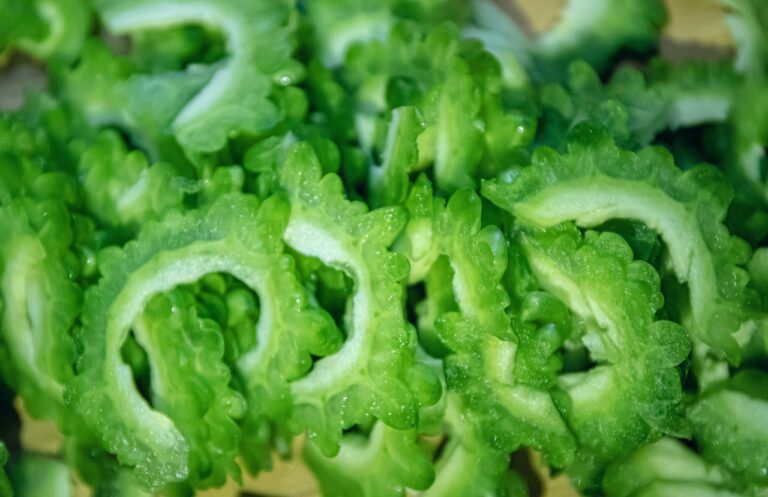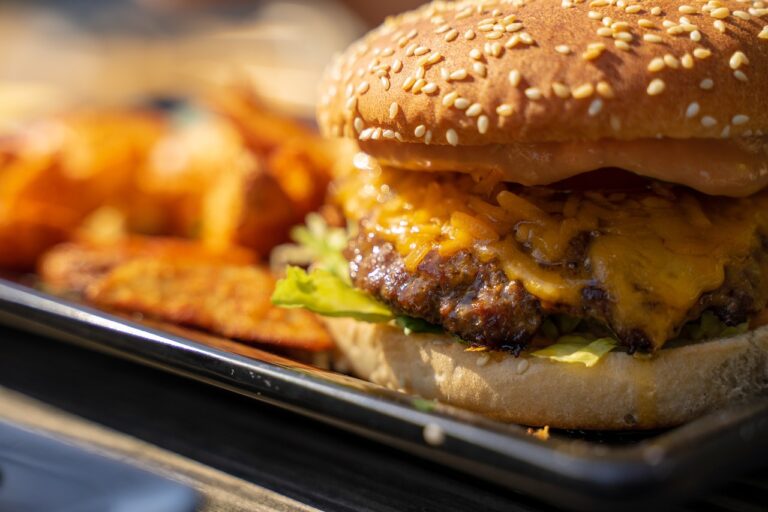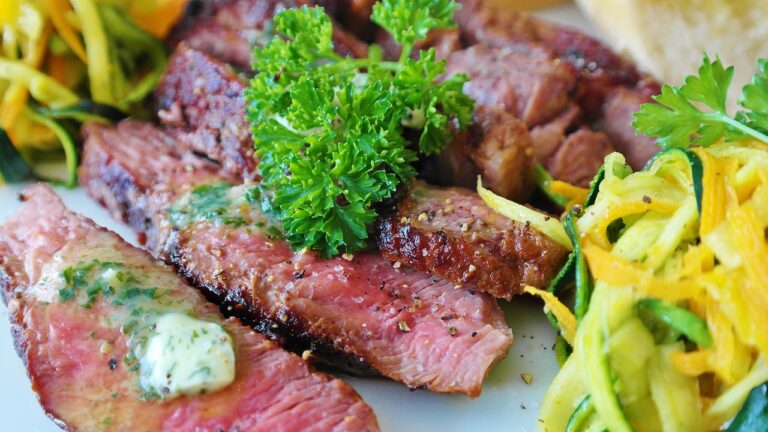Craving Mayonnaise? Here Are 10 Reasons Why

Mayonnaise is a staple condiment in many kitchens around the world, known for its creamy texture and versatile flavor. It can enhance the taste of sandwiches, salads, and numerous other dishes. However, some people find themselves specifically craving mayonnaise, a phenomenon that might seem peculiar at first glance. This article explores the possible reasons behind mayonnaise cravings, offering insights into the physical, psychological, and cultural factors at play.
Why Am I Craving Mayonnaise?
1. High Fat Content
Mayonnaise is rich in fats, which are essential components of our diet. These fats are not only a concentrated source of energy but also play a crucial role in hormone production and nutrient absorption. Craving mayonnaise could be your body’s way of signaling a need for more dietary fats, especially if your diet lacks other sources of healthy fats.
The human body has an intrinsic need for fats to function optimally. Fats contribute to the health of cell membranes, support cognitive functions, and are involved in the synthesis of essential hormones. When you crave mayonnaise, it might be an indication that your body is seeking the dense energy and nutritional benefits that fats provide.
2. Comfort and Familiarity
Mayonnaise often evokes a sense of comfort and nostalgia, being a part of many childhood meals and family gatherings. The craving for mayonnaise can sometimes be traced back to emotional eating, where individuals seek out foods that offer psychological comfort and evoke positive memories.
The familiarity of mayonnaise, combined with its creamy texture and mild flavor, makes it a comforting food choice for many. Whether it’s a simple sandwich or a more elaborate dish, the addition of mayonnaise can make food feel more satisfying and emotionally fulfilling. This emotional connection might explain why some people find themselves craving it during times of stress or when seeking comfort.
3. Salt Content
Mayonnaise contains a significant amount of salt, which is not only essential for bodily functions but also enhances the flavor of foods. Cravings for mayonnaise could be partially driven by the body’s need for sodium, especially in individuals who have lower sodium levels due to dietary restrictions or excessive sweating.
Salt plays critical roles in the body, including maintaining fluid balance and transmitting nerve impulses. The craving for salty foods like mayonnaise can be the body’s way of compensating for sodium deficiencies, ensuring that essential bodily functions continue to operate smoothly.
4. Texture and Mouthfeel
The unique creamy texture of mayonnaise is another possible reason behind cravings. The mouthfeel of mayonnaise is satisfying to many, providing a sensory experience that other condiments or foods might not offer. This textural appeal can trigger cravings, as individuals seek the pleasurable sensation it provides.
The texture of mayonnaise can significantly enhance the overall eating experience, making foods more palatable and enjoyable. For some, the craving for mayonnaise might be more about the desire for this specific sensory experience rather than the taste alone.
5. Nutrient Deficiencies
Cravings for mayonnaise could also be indicative of certain nutrient deficiencies. Mayonnaise contains small amounts of vitamins E and K, as well as essential fatty acids. A craving might signal the body’s need for these nutrients, particularly if the diet is lacking in foods that provide them.
Vitamin E is an antioxidant that plays a role in immune function and skin health, while vitamin K is crucial for blood clotting and bone health. Essential fatty acids, such as omega-3s found in mayonnaise made with certain oils, are important for heart health and cognitive functions. Craving mayonnaise could be the body’s way of nudging you towards foods that can help address these nutritional gaps.
6. Psychological Triggers
Psychological factors play a significant role in food cravings. Stress, boredom, and emotional disturbances can lead to cravings for specific foods, including mayonnaise. For some, eating mayonnaise can be a quick way to alleviate emotional discomfort or provide a temporary distraction from stressors.
The act of consuming mayonnaise, especially if done mindlessly or as a habit during specific emotional states, can reinforce the craving over time. Understanding the emotional triggers behind mayonnaise cravings can help in addressing the root causes and finding healthier coping mechanisms.
7. Hormonal Influences
Hormonal fluctuations, particularly in women, can affect food preferences and cravings. The menstrual cycle, pregnancy, and menopause can all lead to changes in taste preferences and heightened cravings for certain foods, including creamy and fatty foods like mayonnaise.
These hormonal changes can influence appetite and craving patterns, making mayonnaise more appealing at certain times. Recognizing the role of hormones can help in understanding and managing these cravings more effectively.
8. Cultural Influences
Cultural factors and food traditions can also influence cravings for mayonnaise. In many cultures, mayonnaise is a key ingredient in traditional dishes and celebrations, which can create a strong association and desire for this condiment.
The exposure to and emphasis on mayonnaise in certain cuisines can make it a preferred condiment, leading to more frequent cravings. Cultural habits and preferences play a significant role in shaping our food choices and cravings.
9. Dietary Habits
Your overall dietary habits can influence cravings for specific foods, including mayonnaise. A diet lacking in variety or one that is heavily processed can lead to cravings for foods that offer a sense of balance or fulfillment, such as mayonnaise.
Incorporating a wide range of foods into your diet can help reduce cravings by ensuring you receive a balanced intake of nutrients. Understanding your dietary patterns can provide insights into potential nutritional imbalances that may be contributing to your cravings for mayonnaise.
10. Social and Environmental Factors
Finally, social and environmental factors can trigger cravings for mayonnaise. Social gatherings, media influences, and even the availability of mayonnaise can play a role in the frequency and intensity of these cravings.
Being in environments where mayonnaise is prominently featured or frequently consumed can increase the likelihood of craving it. Recognizing the impact of these external factors can help in managing cravings and making more conscious food choices.
In conclusion, cravings for mayonnaise can stem from a complex interplay of physical, psychological, and environmental factors. Understanding the underlying reasons for these cravings can provide valuable insights into our dietary needs and emotional well-being, guiding us towards healthier eating habits and choices.





